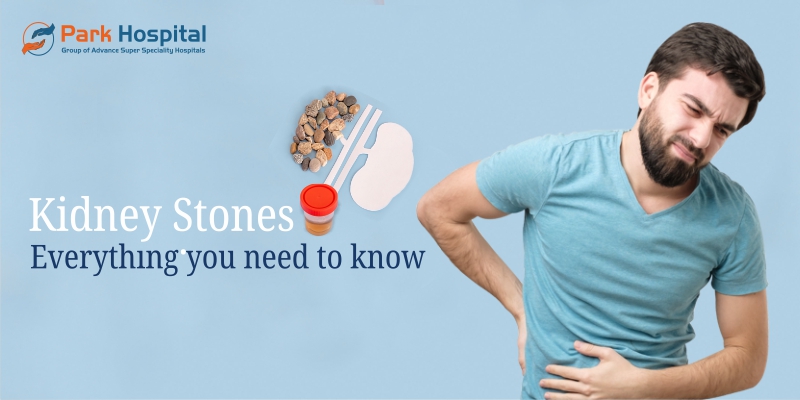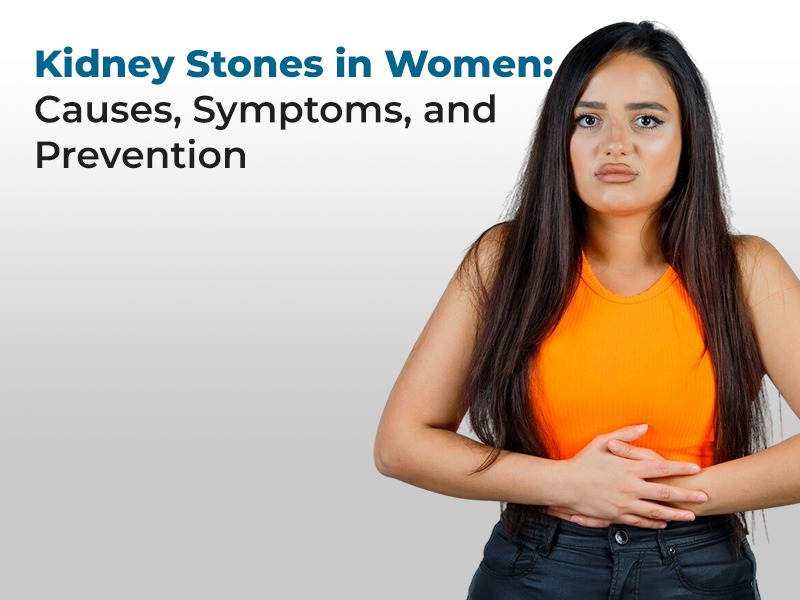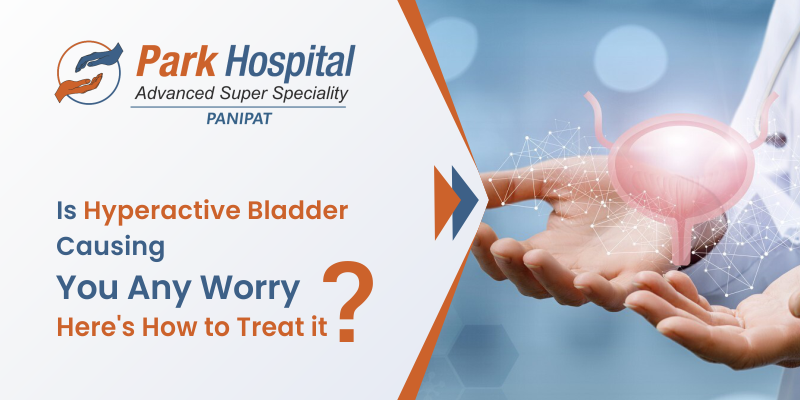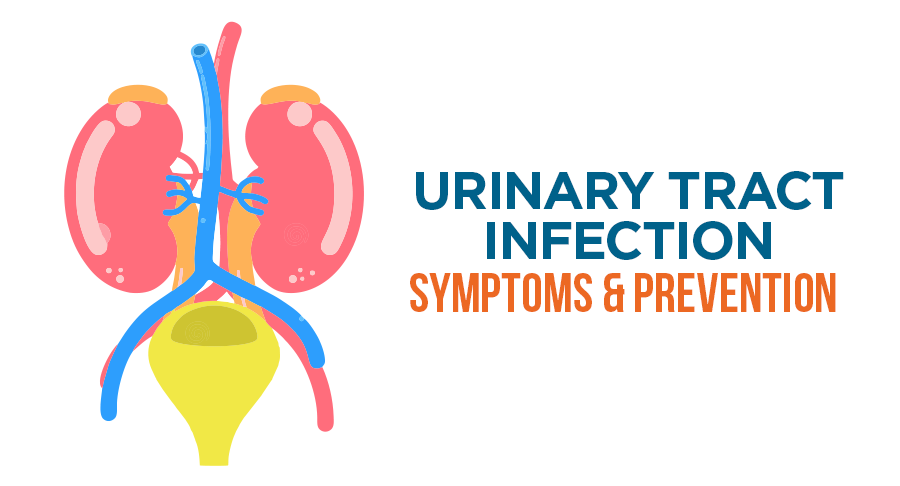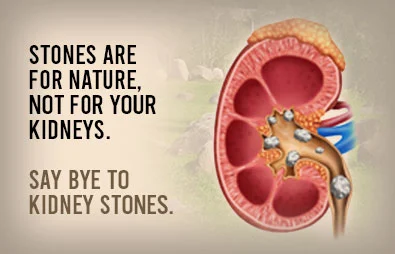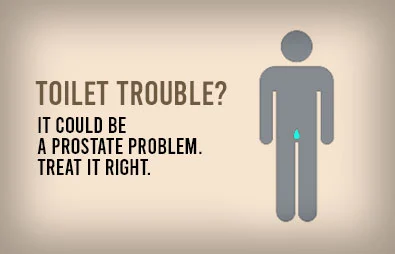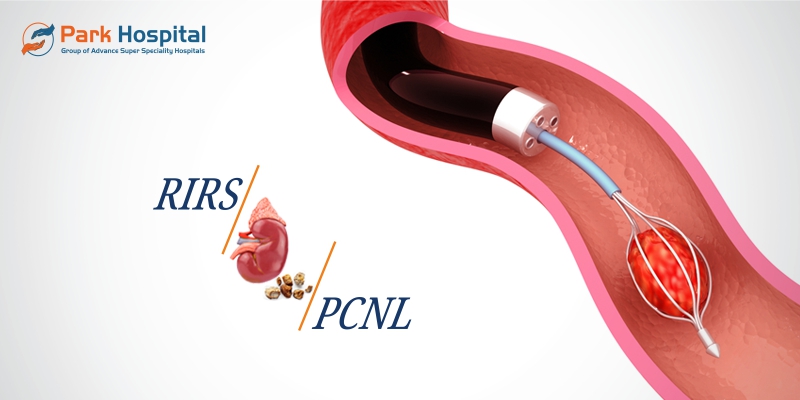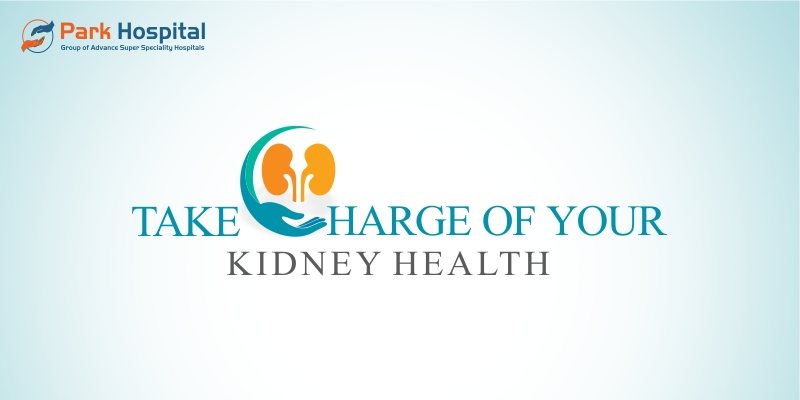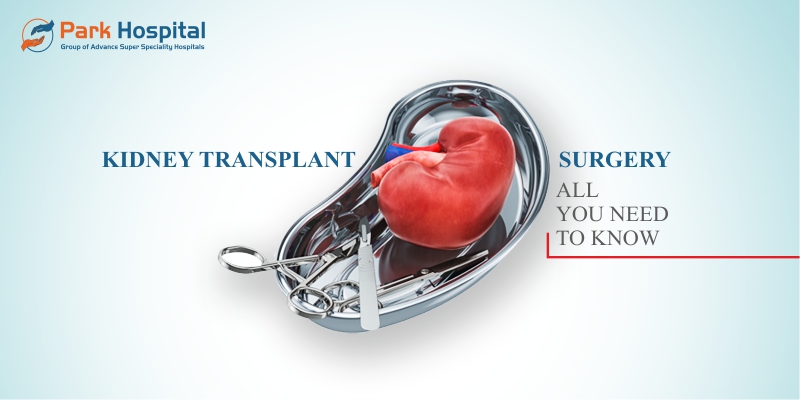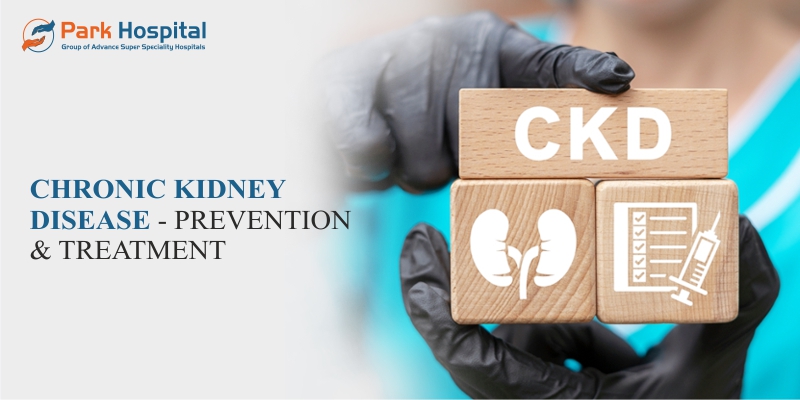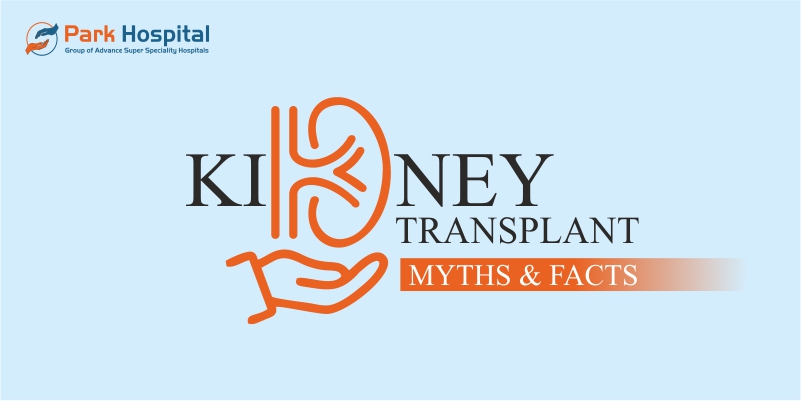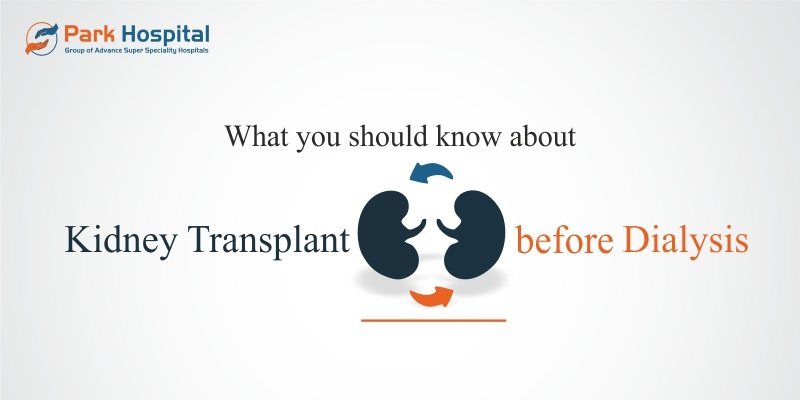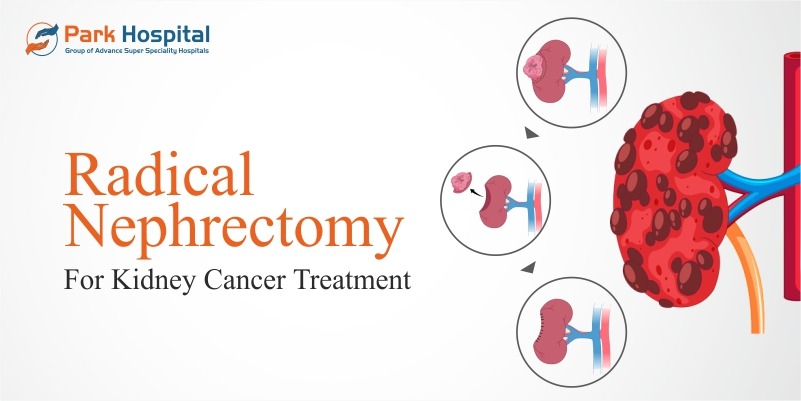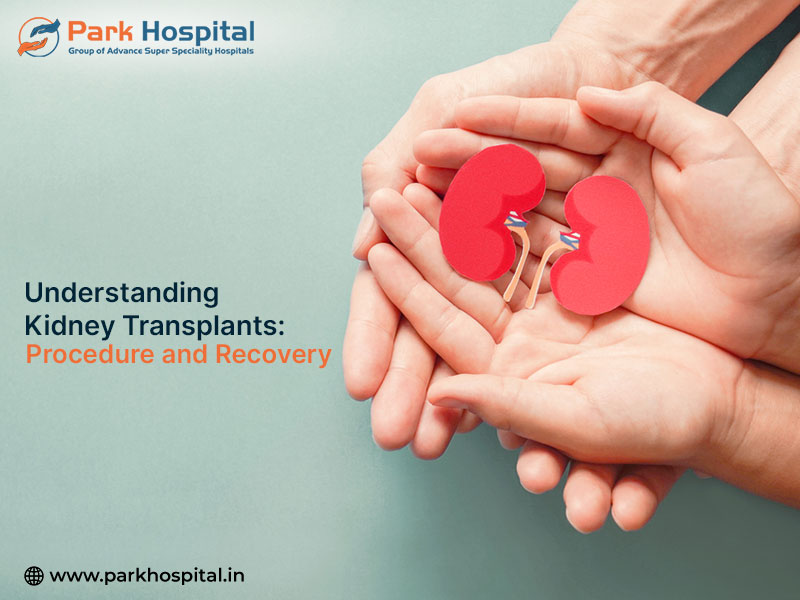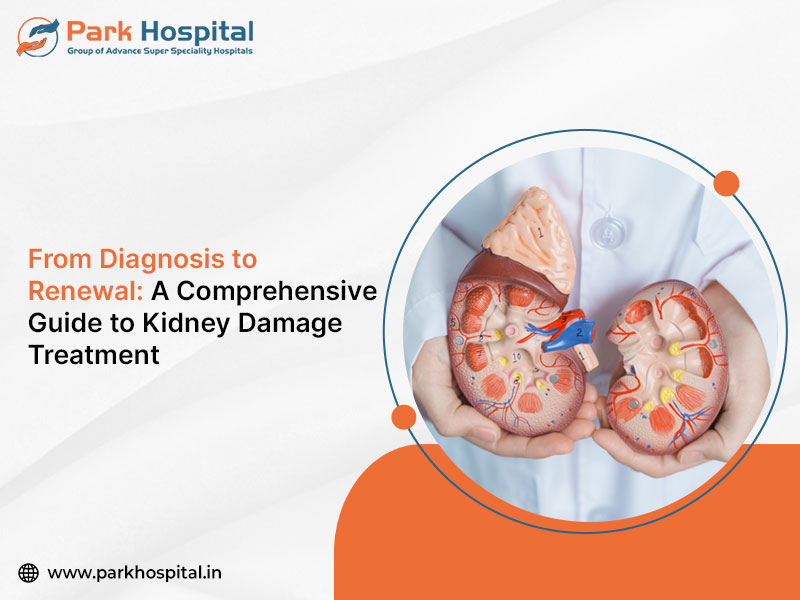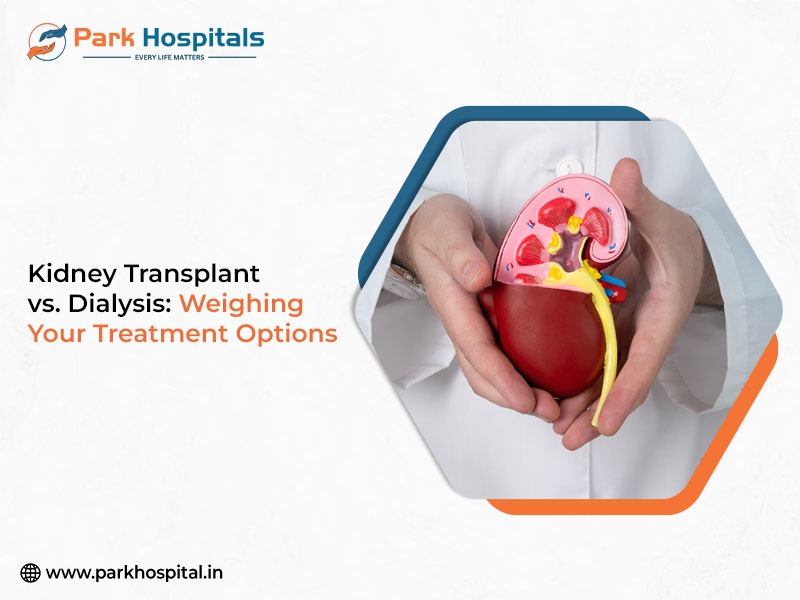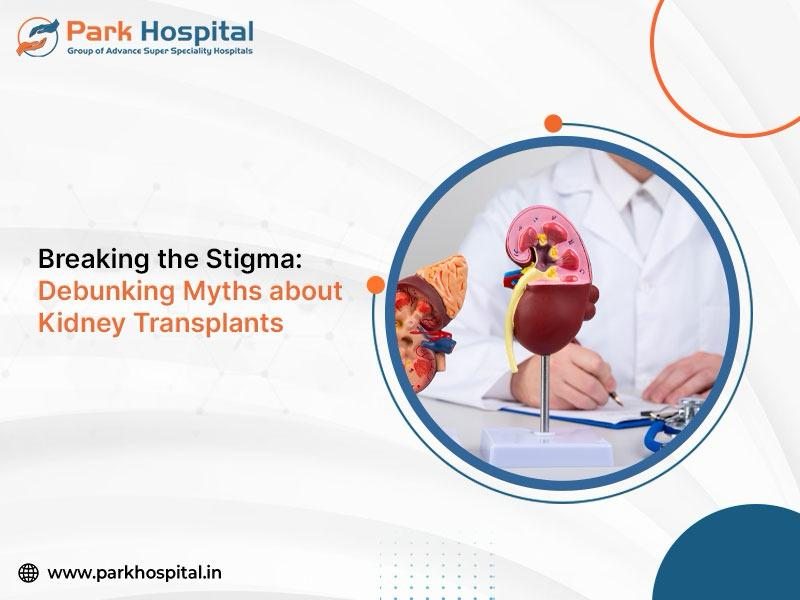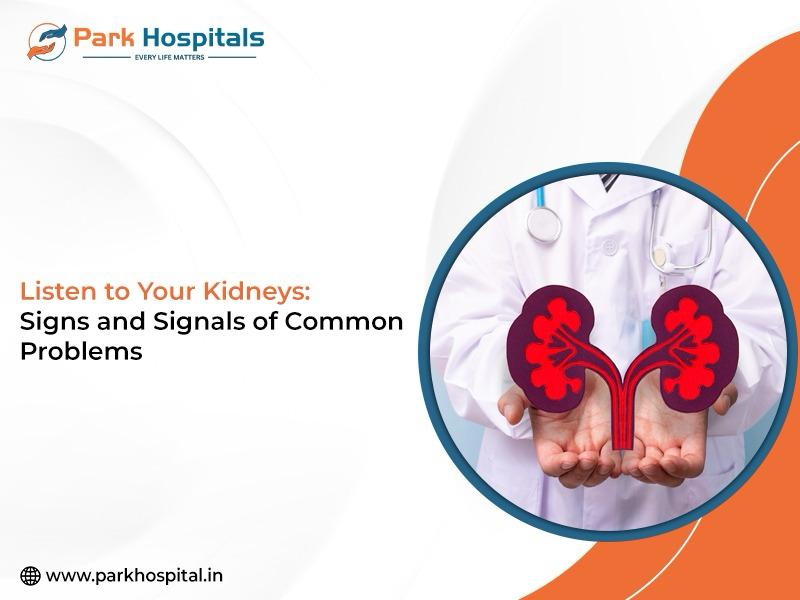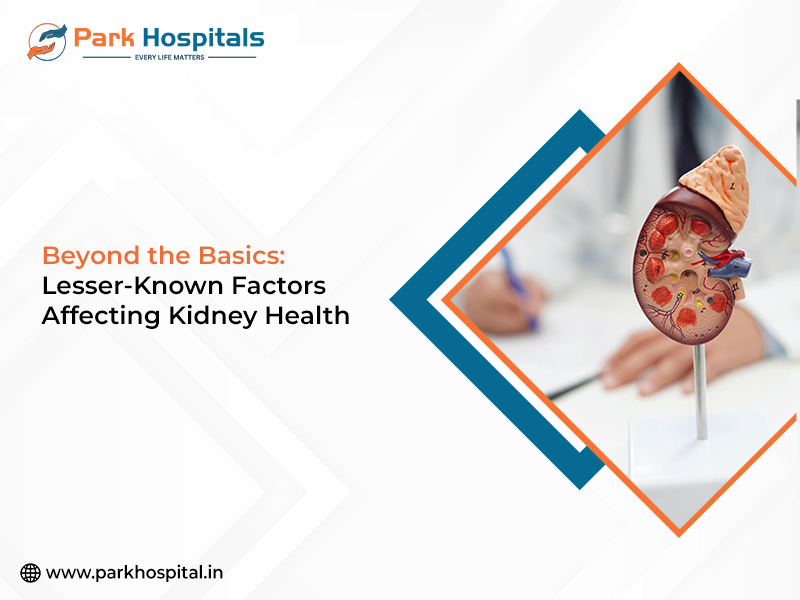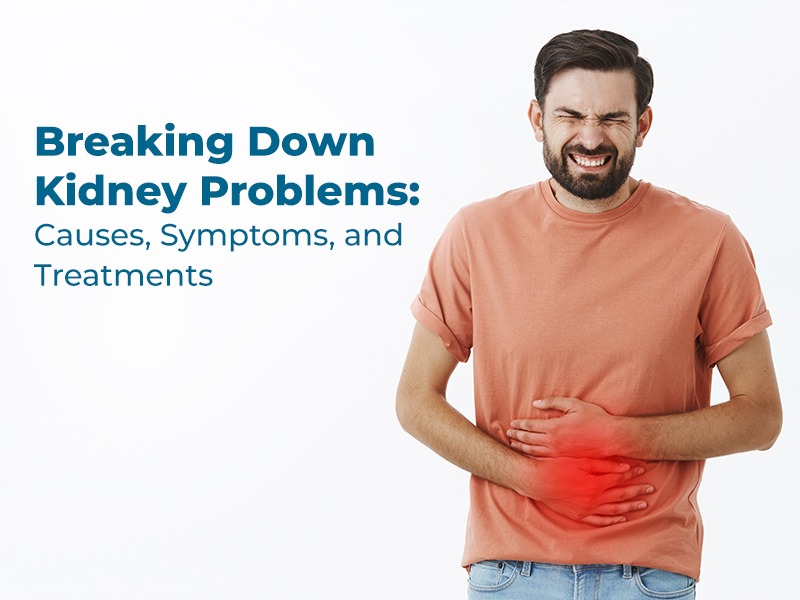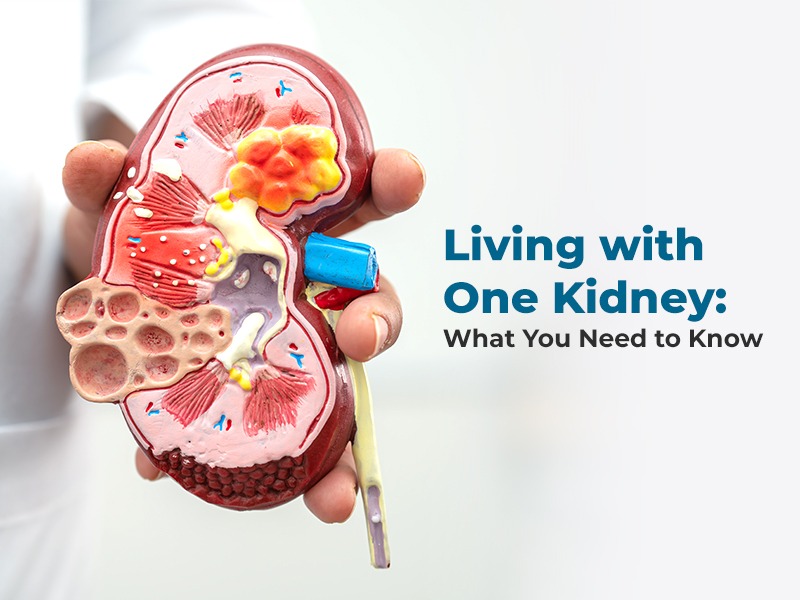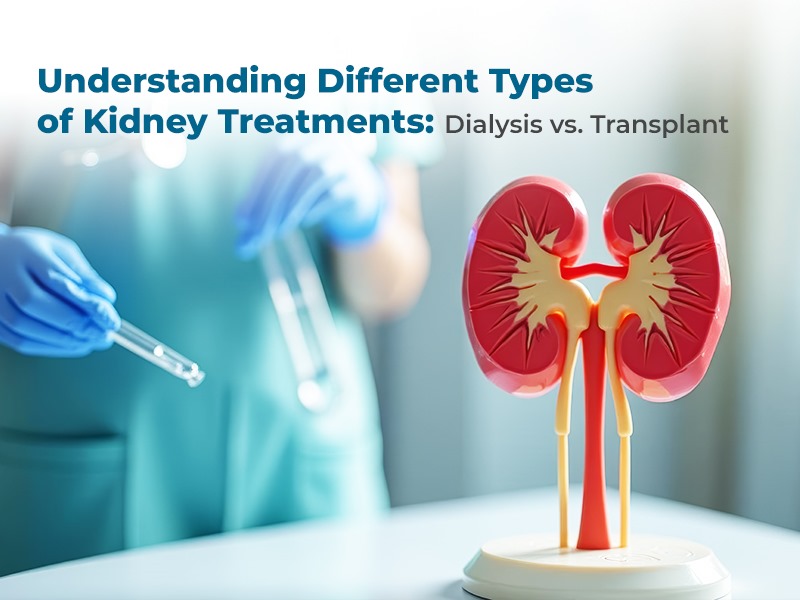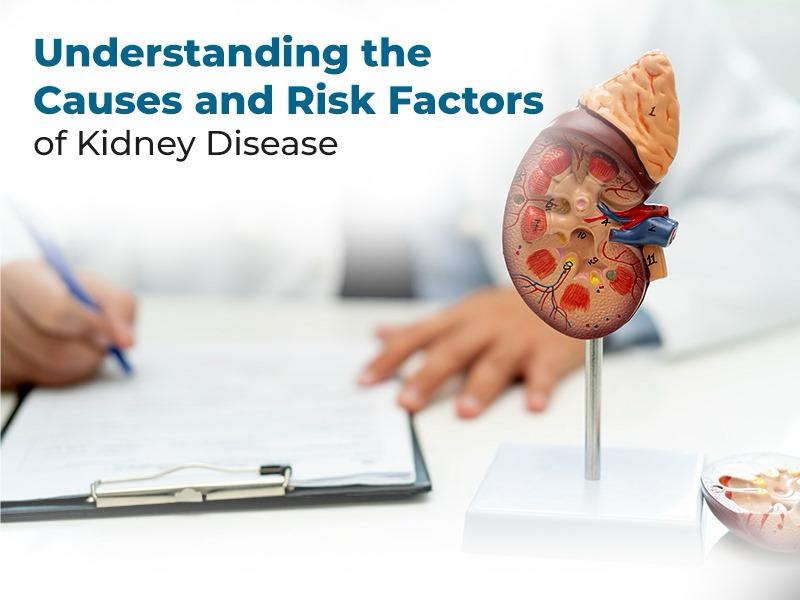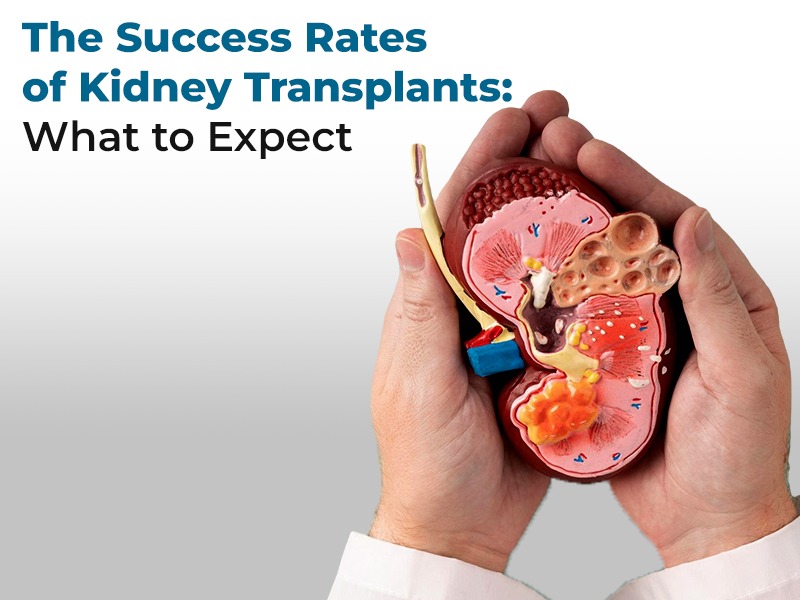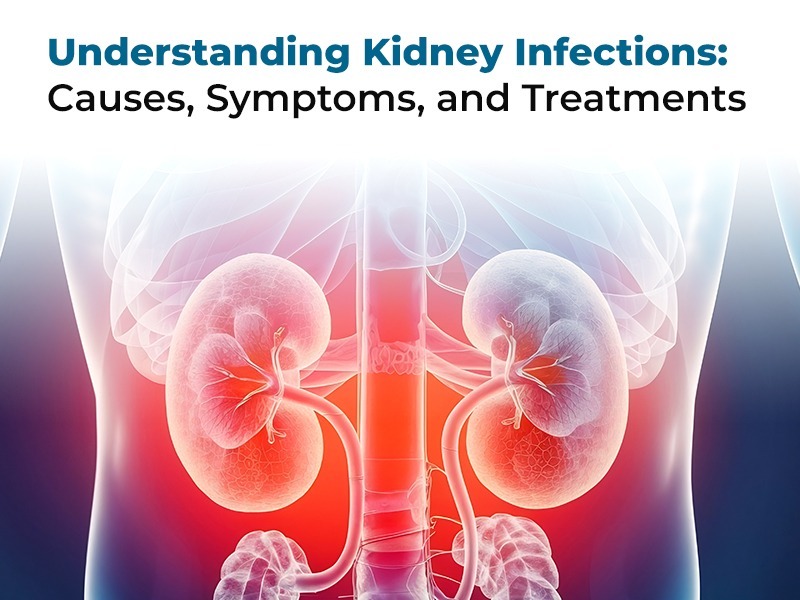The kidneys' function is to keep the body's balance of salt, minerals, and water. The end result of this filtration is urine. Calcium, oxalate, and phosphate, which are typically dissolved in urine, can separate out as crystals when they are over-concentrated. When these crystals clump together and form a tiny mass or stone, the condition is known as kidney stone formation.
Kidney stones are solids consisting of many tiny crystals. The internal surface of the kidney, where urine exits the kidney tissue and enters the urinary collecting system, is where kidney stones typically develop. Kidney stones can range in size from a little pebble or sand grain to something considerably bigger.
Types of Kidney Stones:
1. Calcium stones
Calcium and oxalate are the main components of most kidney stones. Hypercalciuria, a condition where there is too much calcium in the urine, is common in persons who develop calcium-containing stones. Some people's intestines absorb too much calcium. While some people may take excess calcium from their bones. Other people's kidneys may improperly control calcium excretion.
Hypercalciuria, a condition where there is too much oxalate in the urine, can cause some people to develop calcium oxalate stones.
Compared to calcium oxalate stones, calcium phosphate stones are a different type of calcium stone. Calcium phosphate stones can develop in certain persons due to a medical condition called renal tubular acidosis.
2. Struvite stones
Struvite stones are made of a combination of magnesium, ammonium, phosphate, and calcium carbonate. Some bacterial infections that produce ammonia may lead to the formation of these stones. Ammonia causes urine's pH to rise, turning it alkaline and encouraging the growth of struvite.
3. Uric acid stones
The body metabolizes protein to make uric acid. Urine becomes saturated with uric acid crystals when the pH falls below 5.5. Stones may develop if there is an excessive amount of uric acid in the urine. People who consume a lot of protein, such as that found in red meat or chicken, are more likely to develop uric acid stones. People with gout can also generate uric acid stones.
4. Cystine stones
Cystine stones are
uncommon and only develop in people with cystinuria, a hereditary metabolic
abnormality that results in elevated amounts of cystine in the urine.
How Kidney stones are diagnosed?
The majority of patients
experience severe pain at the onset of
symptoms of kidney stones. When the
kidney stone moves from the renal papilla, where it originally originated, and
enters the urine collecting system, it causes this acute pain. This may radiate
from the lower back to the side of the groin. Other signs and symptoms might
include hematuria, frequent or recurrent UTIs, urinary urgency or frequency,
and nausea or vomiting.
A thorough history and
physical examination will be the first stage in your doctor's evaluation for a
kidney stone. Important details about the patient's family history, medical
history, present symptoms, and past stone-related incidents will all be
gathered. To check for symptoms of a
kidney stone, such as discomfort in the flank, lower abdomen, or groin, a
physical examination will be conducted.
In order to check for blood or illness in the urine, your urologist will suggest a urinalysis. Additionally, a blood sample will be taken in order to assess blood levels and kidney function.
Is it common in children?
Yes! Children might also get
kidney stones. The two main causes are failing to consume enough water and
consuming salt-rich meals.
Treatment for kidney stones
Kidney stones are treated the same way in both adults and children. You could be instructed to consume a lot of water. Initially, doctors try to let the stone pass with natural ways, avoiding the need for surgery. You can also be prescribed medicine to lessen the acidity of your urine. However, surgery is required if it is too big, obstructs the passage of urine, or shows signs of infection.
Park Group of Hospital,
offers state-of-art urology treatment for
conditions like kidney stones. With cutting-edge facilities and technology,
experts can make sure that patients receive nothing less than the best. Our aim
is to provide each patient with a thorough understanding of the type of stone
they are carrying, as well as the procedure of the best treatment for them.
If you or any of your loved ones are suffering from any of the symptoms get in touch with the urologist today. Always remember, that delayed treatments are also one of the contributing factors to severe problems. So be wise and don’t ignore the signs.

